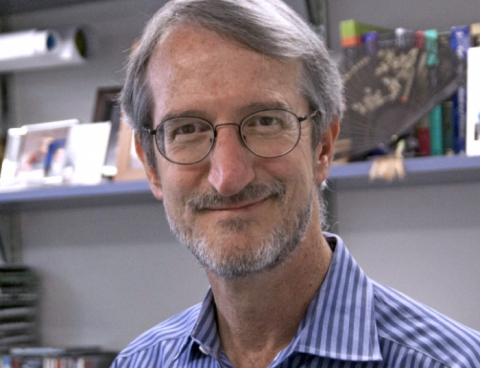
Contact Information
Jeffrey L. Brodsky, Ph.D.
A320 Langley Hall
Department of Biological Sciences
University of Pittsburgh
View departmental profile
Prof. Jeffrey Brodsky holds the Avinoff Chair in Biological Sciences at the University of Pittsburgh. He was born in Chicago, Illinois, and attended the University of Illinois where he received his bachelor's degree in Biochemistry, graduating magna cum laude with honors in 1985. He then entered the Biochemistry and Molecular Biology graduate program at Harvard University, receiving his PhD in 1990, and worked with Prof. Guido Guidotti on regulation of the sodium pump in the brain. Next, he moved to the University of California, Berkeley for post-doctoral research as an American Cancer Society Research Fellow and studied with Prof. Randy Schekman (Nobel Laureate, 2013), who pioneered the use of the yeast model to define how proteins are trafficked within the cell. Prof. Brodsky joined the Faculty in the Department of Biological Sciences at the University of Pittsburgh in 1994 and was promoted to Associate Professor in 2000. In 2006 he was promoted to Full Professor and was awarded the Avinoff Chair. Prof. Brodsky’s work now focuses on understanding how misfolded proteins are recognized and destroyed in the cell, and how defects in protein architecture can be corrected using drugs and genetic approaches. Based on his work, he received the University of Pittsburgh Chancellor's Outstanding Research Award in the Junior Division in 1998 and the Chancellor’s Outstanding Teaching Award in 2008, as well as the Pitt Innovator Award in 2007. In 2013 he was elected as a fellow of the American Association for the Advancement of Science (AAAS). Prof. Brodsky has served on the editorial boards of three journals, has published more than 190 scientific papers, holds 2 patents, and acts as a scientific consultant for several disease foundations and biotech companies.
Research Interests
Research in the Brodsky lab is devoted toward understanding how proteins in the secretory pathway are subject to protein quality control and how molecular chaperones and components of the ubiquitin-proteasome machinery mediate this event. Our work contributed to the discovery of the ER associated degradation (ERAD) pathway, and ongoing studies are geared toward deciphering the mechanisms underlying this pathway using biochemical and genetic attacks in both yeast and mammalian cells. The importance of ERAD is evidenced by the fact that >70 human diseases are associated with ERAD, and a growing number of distinct ERAD substrates play vital roles in human physiology. In parallel, we have developed novel classes of small molecule modulators of molecular chaperone function, some of which show efficacy for protein conformational disorders in model systems.
